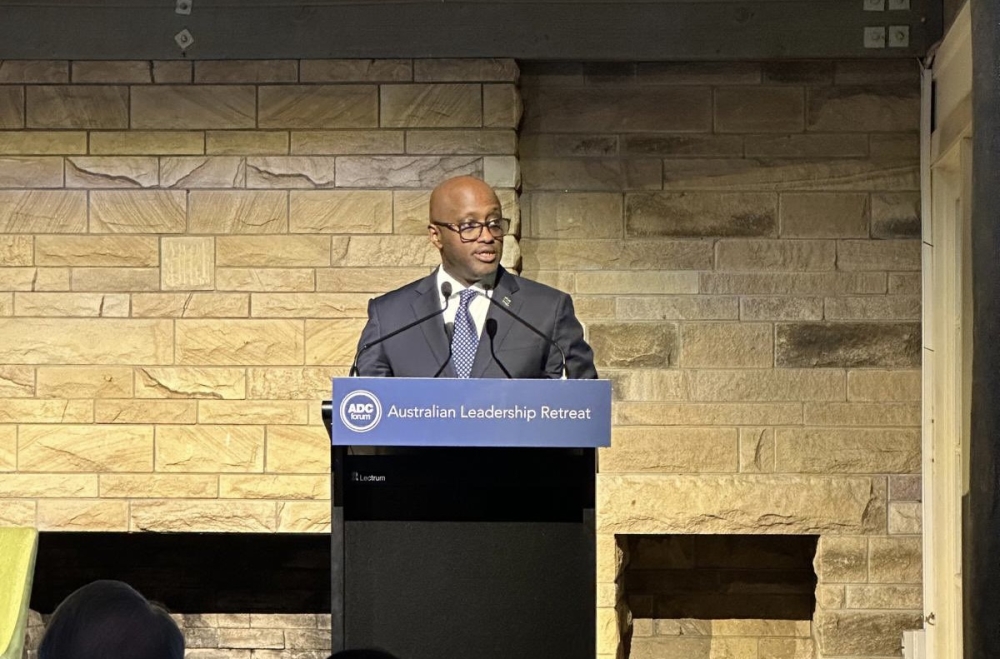There is no doubt that Rwanda has registered huge success in educating her population. In fact, according to the economist world rankings; Rwanda ranks the sixth in the world in primary school enrolment. The Government should also be commended for the educational reforms that have been instituted in a bid to improve the quality of education.


There is no doubt that Rwanda has registered huge success in educating her population. In fact, according to the economist world rankings; Rwanda ranks the sixth in the world in primary school enrolment. The Government should also be commended for the educational reforms that have been instituted in a bid to improve the quality of education. Amongst the introduced reforms is the textbook policy that allows private publishers to supply textbooks in both primary and secondary schools. The current textbook liberalisation policy has increased the number of textbooks in schools as opposed to the previous one, where the government had the monopoly to supply textbooks. Due to inefficiency and bureaucracy associated with the latter, textbooks (we may as well call them pamphlets) were very few and as such, the target was to ensure that at most, teachers got instructional textbooks-cum-pamphlets. This meant that the textbooks were only limited to teachers. Students relied on their teachers for notes and as such, teachers remained exclusively the source of knowledge as learners could hardly access textbooks.
Partly, this mindset still prevails among our educators today. As the old saying goes, "old habits die hard”. I recently had an interesting encounter with one head teacher who did not want to buy books in the first term because textbooks would confuse learners due to too much content. According to him, it is better for learners to rely on teachers notes, and may be access textbooks later.Another notable factor that comes with current textbook policy is the heavy budget because text books are expensive. This means that government has prioritised and ensured an increase of textbooks in schools is on top of its agenda. The current student textbook ratio stands at 1:3 and the target is to make it 1:1 by the year 2014. I stand to be corrected if these statistics are inaccurate. In short, the government has done a commendable job and the current textbook policy is appropriate. However, when it comes to utilisation and usage of the supplied textbooks in schools, it leaves a lot to be desired.The government’s strategy to increase access such that both the teachers and students get enough textbooks seems not to be producing the corresponding desired results, partly because of the poor mind set of our educators as described above.In practice, increased supply of textbooks in schools would make the teaching and learning process easier and smoother. There is no doubt that textbooks are necessary because they provide teachers with guidance on what to teach and how to teach. Textbooks save the time it would take to accomplish all activities and materials teachers would need to do by themselves. They also give inexperienced teachers ideas on how to teach what they might not be able to come up with themselves.Textbooks enable learners to read more on their own and discover more ideas that teachers might not have otherwise captured. Unfortunately, this has not been the case. By and large, textbooks supplied to schools remain in libraries or stores. To some head teachers and teachers, these books must be kept safe such that when the inspectors of schools or ministry officials come calling, they would find them clean, safe and intact. Students are not allowed to access these books in case they spoil them.
Given the mind set of our educators and owing to their past experiences and education system that they went through, there is need to set up proper and clear instructions on how to utilise textbooks. I would recommend that the ministry of education works with its development partners and design a strategy to train teachers, and equip them with skills that would help teachers to use and utilise textbooks supplied to schools. Otherwise, the good intentions of increasing textbooks in schools for easy access and the heavy expenditure that goes with it might remain unproductive for the years to come.The writer is an educationist, author and publisher.




